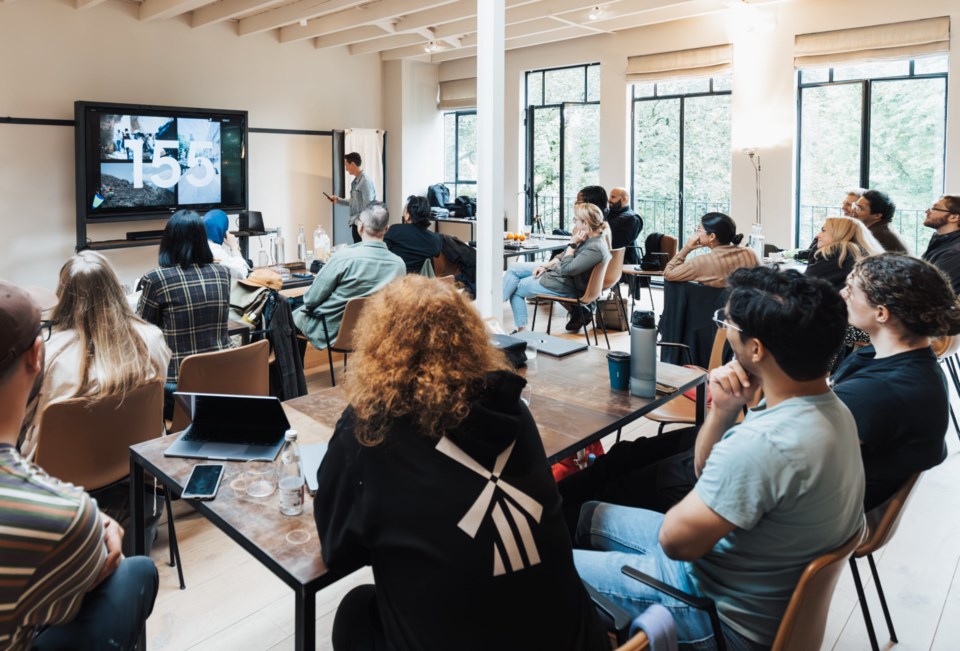COLD LAKE - With new funding from the federal government, the second iteration of the Rural Employers’ Awareness on Diversity and Inclusion (READI) project is getting underway with a workshop in Cold Lake on Nov. 22.
The Rural Development Network’s READI to Work program was designed to fill the gap employers in Alberta were experiencing not only trying to attract newcomer employees, but in “the knowledge on how to settle them successfully into the workplace, and then how to retain them for the long term,” program manager Soheila Homayed said.
The first phase of the program was funded through Alberta settlement, integration, and language project grants, and wrapped up in September with the digital publication of a READI toolkit for employers that is in essence a summary of the training developed over the last 18 months, Homayed said. The session in Cold Lake will bring together businesses and community members to share the “best practices that employers can adopt to create more welcoming and inclusive environments.”
“The Government of Alberta is really trying to support immigration to rural communities – as they should – and they created programs like the Rural Renewal Stream to support that. However, we noticed that employers are not necessarily ready, and they don't have the capacity to take on all the needs, or the knowledge of understanding the needs of these workers,” Homayed said.
“That's why we're doing this new cohort and attracting more employers, specifically from the rural renewal stream programs, to be able to provide them with resources to support their employees.”
The program will be offered until March 2025, and RDN is hoping to recruit 20 employers throughout Alberta. What’s unique about this round of READI is that the program will now be offering opportunities for employers to connect with international students and spouses of newcomers through work integrated learning.
“International students are often left out of the conversation. A lot of employers are looking for Canadian work experience, which a lot of international students don't have access to,” Homayed said. “When temporary foreign workers are coming to Canada, oftentimes, their spouses need to find work. And it's often very challenging if they don't have the language skills.”
This new area of the READI to Work program will give employers access to a new pool of candidates, and open doors for newcomers to get valuable experience through job site and virtual placements.
“By creating this opportunity for newcomers to integrate into the Canadian workforce, we can really set them up for success in the future and being able to find more sustainable job opportunities.”
Homayed said the program has already received an encouraging response from the Cold Lake business community, and the session will be open to employers as well as the broader community.
“Newcomers interact with the housing sector, they interact with transportation, the municipality, and we think it's important to get all these stakeholders together, because it really takes a community to help settle a newcomer” she said.
“The more stakeholders that are interested in learning, I think the better the overall outcome will be for retaining newcomers.”


